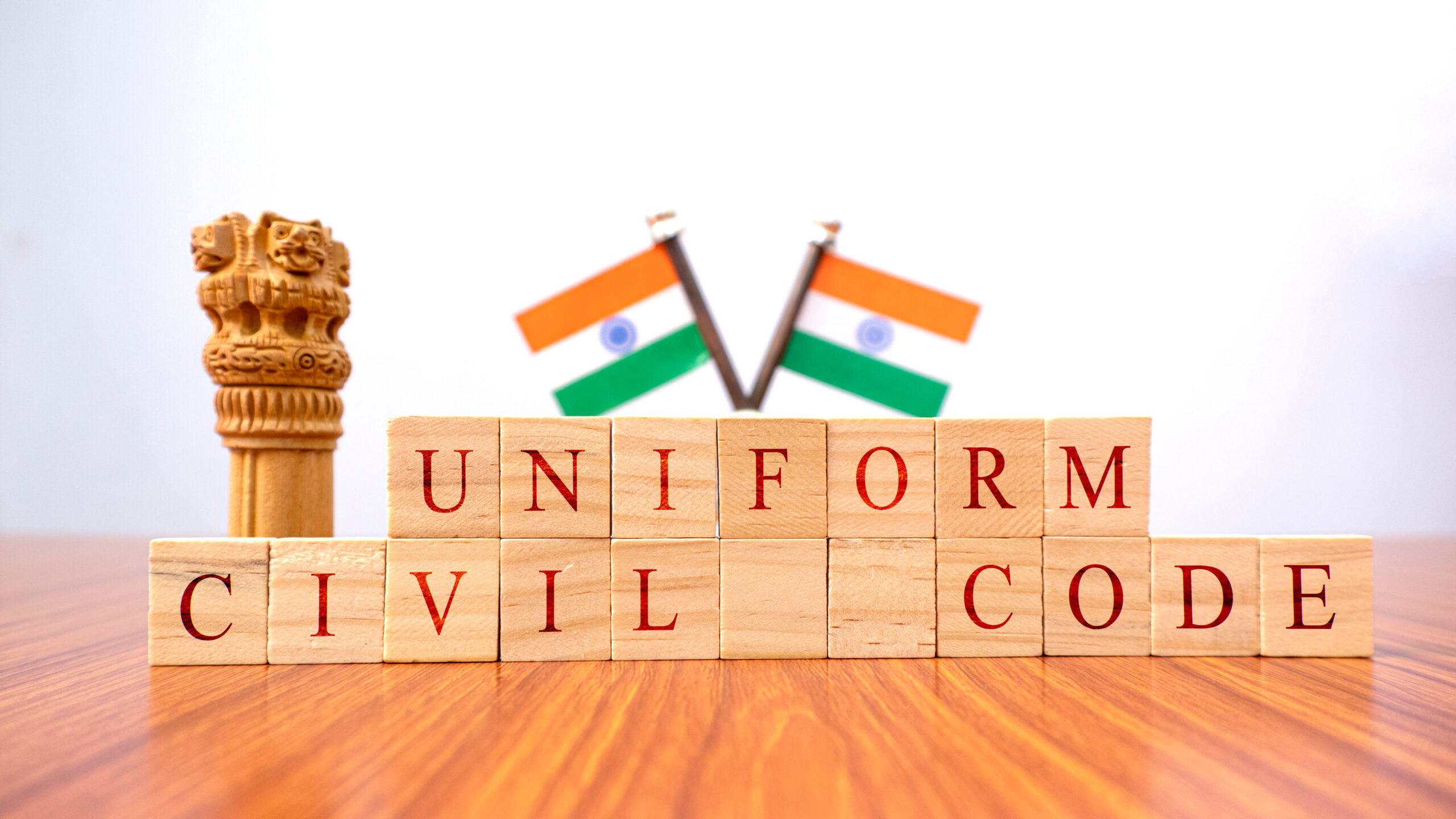
Given the importance being accorded to the Uniform Civil Code Act, 2024 having been formally implemented in Uttarakhand and apparently considered so politically in states with Bharatiya Janata Power (BJP) in power, one is prompted to deliberate upon its “uniformity” and the manner in which hype appears to be raised about it. First, even in Uttarakhand, it is not binding on all Indians as it does not apply to members of Scheduled Tribes. Of course, the respected state leaders apparently have the authority to pay special attention to certain citizens. But if they are doing so, to a degree, the code seems to lose its uniformity.
Further, one may draw attention to the manner to which certain political and social messages regarding this code have been and are being spread. One of these is its emphasis on minimum marriageable age – with 18 years for women and 21 for men. While asserting this point, the messages draw attention to preventing marriages among younger girls belonging to a minority community. One may draw attention to the reality that marriages taking place of girls at younger than 18 years is hardly decided by their religious community. Rather, it seems to be decided by their educational status, economic background, their rural/urban residence and several cultural issues which seem to be common for most choosing to get their daughters married at a young age. It would be great if some attention is paid to specifying the “uniformity” of this point- regarding marriageable age- in messages being spread about this code.
Regarding polygamy, perhaps some attention should be paid to it at a “uniform level.” After all, Uniform Civil Code Act, 2024 is supposed to bear the same importance for all in the country. Now, there are a few points in that having been formally included in Uttarakhand which seem hardly applicable in other parts of the country. This includes the ban on polygamy. Film star Dharmendra has two wives, Prakash Kaur and Hema Malini. As the per the UCC in Uttarakhand, legality of Dharmendra’s second marriage can be questioned. Of course, it may be said that this does not apply to his marital status as he resides in Mumbai, Maharashtra and not in Uttarakhand. But then, how can UCC be considered uniform for whole of India if it is implemented in different ways in different states?
The same question may also be raised with regard to points laid out about live-in relationships in Uttarakhand UCC. It mandates registration of these relationships, so that they gain legal recognition. Given that there is no reference to whether a married person can register a live-in relationship with someone else, whether the same would be permitted or not, this seems equivalent to perhaps leaving a loophole for a person to have relationships with two persons, one as married and other as live-in. This would be equivalent to allowing legal status to both. Neither is there any reference to how many live-in relationships can a person have? Besides, it is well known that in quite a few cities, live-in relationships have begun being practiced quite openly. Bollywood probably leads on this front. Considering the nature of media coverage accorded to these live-in relationships, they seem, at large socially acceptable as well as by immediate relatives of those involved in the same. The reality that quite a few of those engaged in such relationships choose to accord a marital label to the same in a grand style cannot be missed. The point about live-in relationships being registered in other parts of country doesn’t seem to have been raised. Now, if it seems pertinent only in Uttarakhand, how can this be viewed as uniform for the whole country? Besides, one is compelled to deliberate here as to till what degree privacy of individuals’ romantic relationships, with or without matrimonial label, should be allowed interference by the laws/acts? In addition, if even a section of society is exempt from UCC, how can it be viewed as Uniform? In addition, as evident, Uttarakhand has implemented it in keeping with apparently points it seems as most pertinent. But then if each state chooses to do so, there would probably as many versions of UCC as there are states. If the priority is UCC, the same should be considered for all. And if all cannot consider the same, clearly the states, citizens and country as a whole isn’t ready as yet for it. The point raised about registration of live-in relationships having a loophole needs to be reconsidered. The social reality about this point appearing unacceptable for those whose live-in relationship bears no problem for their immediate relatives, including parents, society at large cannot be ignored. Given that most move forward to tying the knot, registration of live-in relationship, may not seem practical for all. Also, possibility of this point being abused cannot be ignored, being married and also choosing to register a live-in relationship. But as mentioned, prospects of other states not giving the same importance to points which Uttarakhand has cannot be side-lined? One cannot but deliberate on uniformity of UCC, posing the question- is it really uniform?
